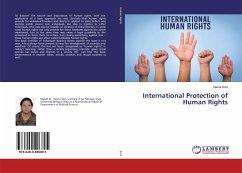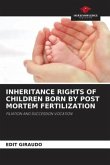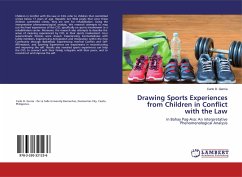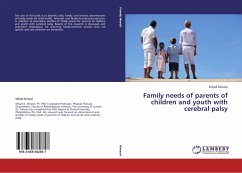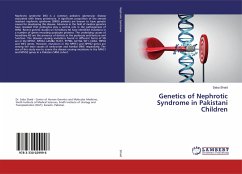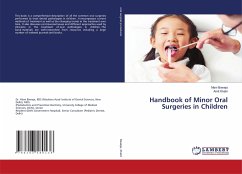The research adapted a case study research design and qualitative approach. A sample size of 80 participants was used. Data was collected using Personal in depth interviews, Focus group discussions, Key Informant Interviews and Document review analysis. A descriptive data analysis was used. The findings indicated that CWD and their parents/guardians have insufficient knowledge on protection rights. Service networks are poor. These children experience abuse and exploitation. The study concluded that rights for CWD are not fulfilled. Protection mechanisms and services are weak. Perceptions towards CWD are devastating. There exists poor parenting, discrimination, and negative perceptions and attitude hindering the fulfillment of protection rights. Finally, the study recommends strong parenting, formation of peer support groups for advocacy & empowerment reasons, awareness creation on rights, economic strengthening of households having children with disabilities, capacity strengthening of local government formal and informal structures, improved budget allocation for care and protection and provision of assistive devices.


